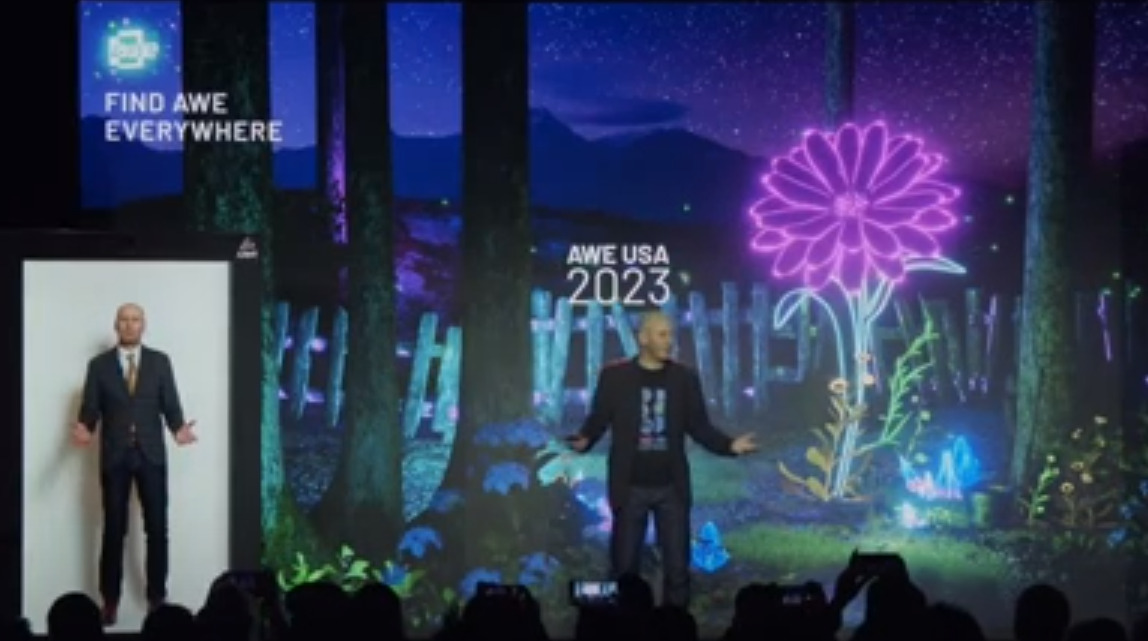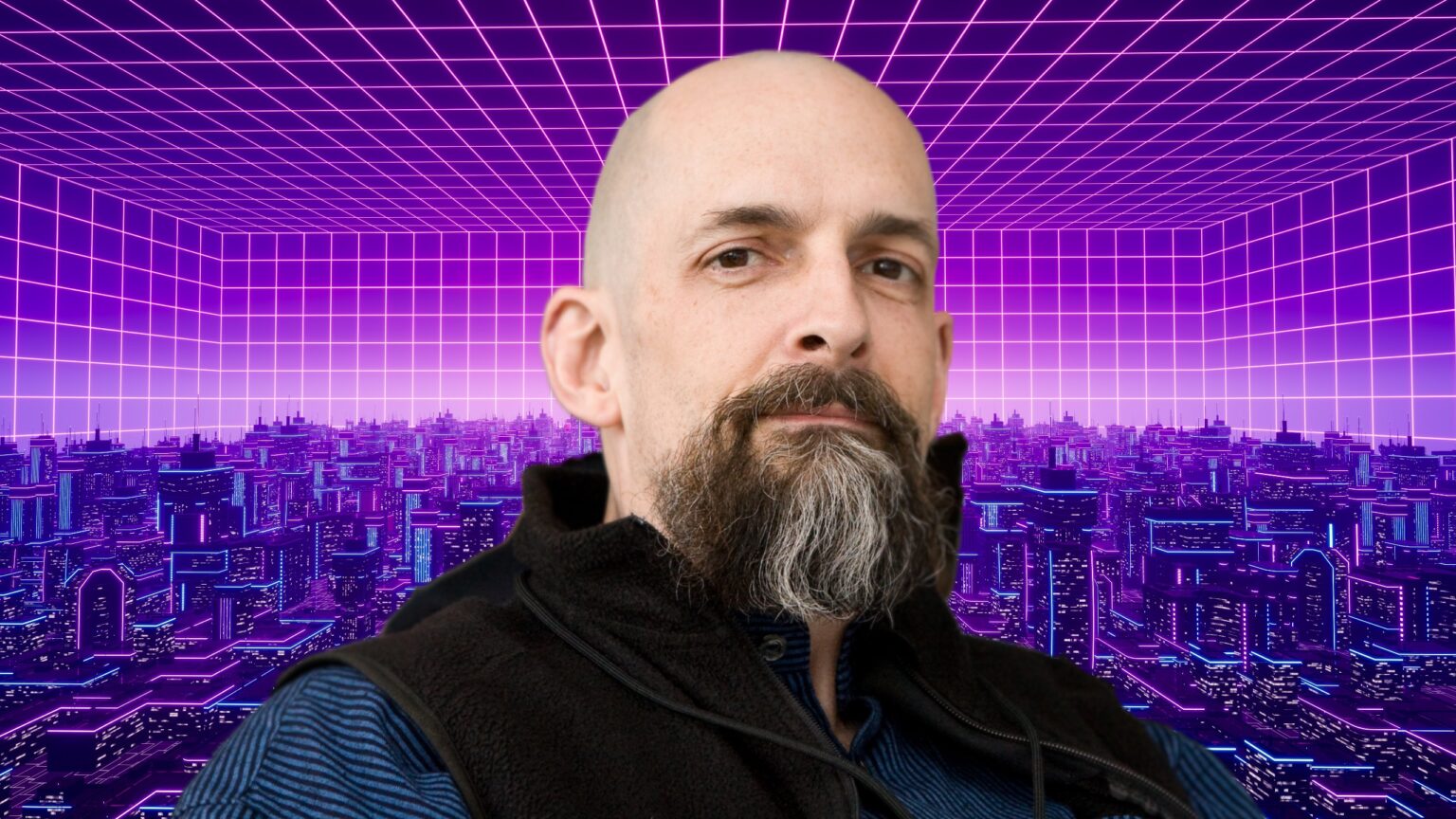The success of the metaverse depends on the ability of developers to build quality experiences that “millions or billions” want to have. To do that the sector must attract, find, and financially incentivize the very top talent from related industries.
This is the verdict of Neal Stephenson, the man credited with coining the word metaverse in his 1992 novel Snow Crash.
Source the best developers
Famed author and futurist Neal Stephenson says the metaverse must find and attract the most talented people to make the sector a success. Stephenson’s comments came during an appearance at AWE USA 2023 convention on Wednesday.
“If we’re going to have a metaverse that’s being used all the time by millions or billions of people, then there have to be experiences in the metaverse that are worth having,” Stephenson said.
“That seems like an obvious statement but for me, there’s a glaring and frustrating lack of support for the kinds of people who make those experiences,” added the author. “Right now the skill set that is needed to create the metaverse is basically what you see in the game industry. People who know how to use game engines and how to create the assets that feed into those game engines. Those people by and large have jobs and other things they could be doing.
“We need to create the economic basis for [developers] to get rewarded if they succeed in creating metaverse experiences that a lot of people enjoy.”
Stephenson cited a number of ways that developers may be rewarded, but his personal vision is for a tokenized metaverse owned and controlled by its citizens.
In June last year, Stephenson announced Lamina1, a layer 1 blockchain infrastructure and open metaverse company. Stephenson co-founded the “batteries-included blockchain” with Peter Vessenes, reflecting their vision for an incentivized metaverse that, according to its website, could “empower a new generation of interconnected, immersive experiences across gaming, entertainment, fashion, music, and beyond.”

A tale of two metaverses
Ori Inbar, the CEO of AWE, hosted the conversation with Stephenson on what marked the opening of the 14th annual AWE convention. The latest event is running from May 31 to June 2 in Santa Clara, California. Those who can’t attend in person are invited to participate online.
In an entertaining introduction, a virtual facsimile of Inbar initially addressed conference attendees, only for the real Inbar to interrupt and reveal the entire monologue was written by ChatGPT.
Inbar then asserted that AI makes “original voices… even more valuable than before.”
Once Inbar sat down with Stephenson the pair discussed just how far technology is developing across multiple fields. Inbar asked Stephenson where he believed the metaverse was headed; to something dystopian or something utopian.
“I think it would be very early and premature to make announcements today about whether it is going in one particular direction,” said Stephenson.
To Stephenson, both the positives and the negatives of the metaverse can co-exist within just one reality – something he explored in his 1992 novel.
“Our initial exposure to the metaverse is a kind of very vast market, a lowest common denominator to include … the worst of television,” said Stephenson said as he described the surface level of the metaverse. “But later on, as we get farther into the book, we see that people have used it to make beautiful works of art. There are some people … who lavished a lot of time and attention on making homes in the metaverse that are exquisite works of art, both visually and in this sonic environment.”
That ambition of a deeper metaverse is worth striving for, especially as a driver of its long-term success.









 and then
and then